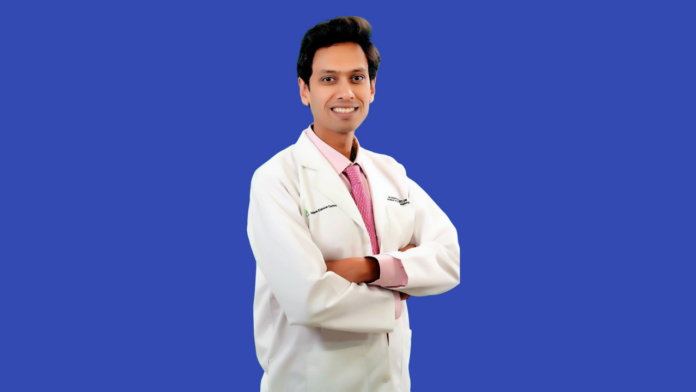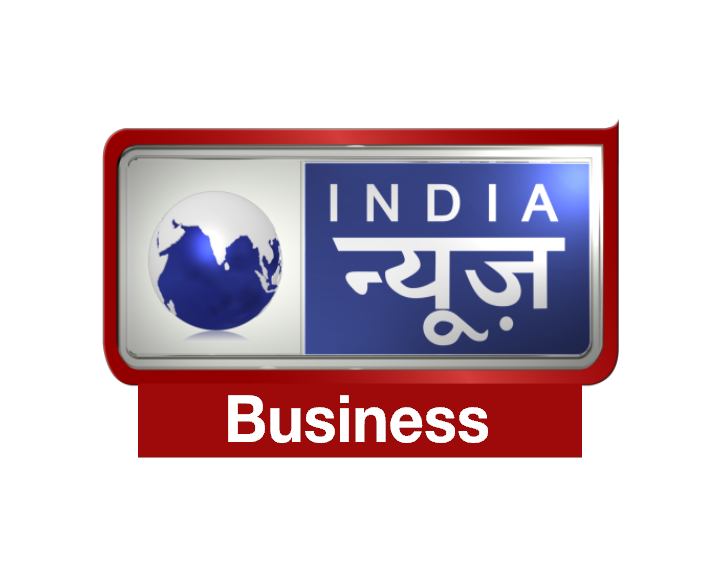Why are cancer cases on rise in India?
According to the Indian Council of Medical Research-National Cancer Registry Programme, the number of cancer cases in the country is projected to go up from 14.6 lakh in 2022 to 15.7 lakh in 2025. There are multiple factors responsible for this.
1) Lifestyle
Did you know that in India, a significant portion of cancer cases stem from preventable causes? According to the sources, smoking and chewing tobacco alone contributes to 40% of cancer diagnoses, followed by infections at 20%, and poor diet combined with lack of physical activity at 10%. However, additional considerations are involved.
Obesity is a big one. Being overweight significantly increases the risk of developing cancer. Then there’s sun exposure. Spending too much time under the sun or in tanning beds exposes you to harmful UV radiation, raising your chances of getting skin cancer.
Stress, too, plays a role. Experts warn that it can fuel the growth and spread of certain cancer forms. And it doesn’t stop there. Poor diet choices, bad oral hygiene, and exposure to harmful substances in our work and environment like pollution also contribute to the rising cancer rates.
According to Dr Ashish Gupta USA trained, American board-certified medical oncologist, Chief of Medical Oncology, Unique Hospital Cancer Centre, Dwarka India, The most common cancers in India are: breast cancer, oral cancer, cervical cancer, lung cancer and colorectal cancer. There are regional differences in cancer e.g. gallbladder cancer is much more common in Delhi/North India, Stomach Cancer is highest in South India, Oral Cancers are highest in MP, Gallbladder cancers are highest in UP/Delhi/West Bengal so called Gangetic plain. Much of this variation has to do with exposures to tobacco, alcohol, betel nut chewing, and other environmental exposures.
2) Detection of cancer- With the growth of healthcare facilities, hospitals, diagnostic centers more and more cases of cancer even from the villages are being detected that were previously not found, this is also contributing to increased rates of cancer in India
3) Increased age of the population – We know that cancer risks increase as the population ages. This is also responsible for increased number of cancer cases
How can India reduce its cancer burden?
Mutiple strategies can be undertaken:
- Awareness campaigns at the community level in community centers, in schools, in colleges regarding cancer symptoms, risk factors and methods of early detection in the local language.
- Conducting screening camps at the rural level with the help of the community health workers for cervical, oral and breast cancer.
- Mobile vans- e.g. mammography vans to promote screening of breast cancer
- Healthcare Facilities- development of new facilities at every level that can provide these services
- Workforce- addressing the shortage of skilled professionals in oncology and other medical staff, investing in training programs and skill development
- Research- supporting research initiatives to understand risk factors, patterns and compliance
- Public-Private Partnerships
- Telemedicine- expanding telemedicine to facilitate remote consultations in rural areas
- Education- It plays a key role, with a focus on teaching prevention strategies to students and healthcare professionals alike
- Cancer Prevention Nationwide Programs
Simple lifestyle adjustments, such as maintaining a healthy weight, regular exercise, and avoiding tobacco and excessive alcohol, can significantly reduce the risk of certain cancers. Protecting oneself from sun exposure, sexually transmitted infections, and undergoing regular screening tests further enhances prevention efforts. By taking these strategies, individuals can take proactive steps towards a healthier future.
Understanding the Need for Second Opinions in Cancer Treatment
Seeking a second opinion in cancer treatment can significantly improve outcomes and boost confidence in treatment decisions. It ensures patients have the right diagnosis, explores alternative treatment options, and confirms the suitability of their treatment plan. I believe every cancer patient should get a second opinion because in cancer the sequence of treatment is important.
Benefits of Second Opinion
Getting a second opinion for your cancer treatment decisions is crucial. Once you begin the treatment and after three or six months, there isn’t much chance of returning. Since cancer treatment is developing at a quick pace, getting a second opinion can be beneficial. New medicines are available almost every week now whereas it used to be months or years before. Another reason why you should think about getting a second opinion is simply because there are numerous clinical trials available in India and other countries that could be helpful to patients.
What is the new approach to cancer treatment?
The new approach to cancer treatment is using modern medicines from the first day to improve the cure of cancer. The new approach is that just like every patient is unique, every cancer is unique and we use personalized medicine to tackle cancer. The most recent developments including immunotherapy, targeted therapy, targeted forms of chemotherapy available as injections and/or even some tablets have greatly increased the cure rates. New medicines are available almost every week now whereas it used to be months or years before. Other techniques including CAR-T therapy, robotic surgery and targeted radiation have also improved outcomes.
These cutting-edge therapies are crucial in ensuring the comprehensive treatment and recovery of patients with different forms of cancer.
What is the role of AI in cancer treatment?
Artificial intelligence (AI) plays a crucial role in various aspects of cancer treatment. Firstly, it aids in early cancer detection by analyzing medical images and other data, potentially spotting diseases like pancreatic cancer several years before conventional diagnosis methods. Additionally, AI streamlines treatment planning by swiftly segmenting tumors and organs, significantly reducing the time radiation oncologists need for this task.
Furthermore, AI contributes to drug discovery efforts, making the process more efficient. It also assists in predicting treatment responses and outcomes, as well as advancing personalized medicine. By analyzing complex medical data, AI algorithms such as neural networks and deep learning can provide accurate assessments of clinical conditions, aiding in diagnosis, recurrence, and survival predictions for cancer patients.
Dr Ashish Gupta USA trained, American board-certified medical oncologist, Chief of Medical Oncology, Unique Hospital Cancer Centre, Dwarka India
Dr Ashish Gupta is a medical oncologist and hematologist. He completed his MBBS from PGIMS Rohtak, MD in Internal Medicine from UT Houston/MD Anderson Cancer Center in Houston, TX and Brooklyn Hospital, New York where he also served as Chief Resident.
He completed his fellowship in medical oncology and haematology from Roswell Park Comprehensive Cancer Center in Buffalo New York, the world’s first cancer center. He is triple ABIM USA board-certified in Internal Medicine, Medical Oncology and Haematology and registered to practice in Delhi as well as the State of New York.
He is Chief of Medical Oncology at Unique Hospital Cancer Centre in Dwarka, Delhi and also practices at Maharaja Agrasen Hospital. He specializes in the management of solid tumors including Breast Cancer, Lung Cancer, Gastrointestinal and Hepatobiliary Cancers, Prostate Cancer, Bladder Cancer, Gynecologic Cancers and Head and Neck Cancer. He also has expertise in haematological malignancies like Lymphomas, Multiple myelomas and Chronic Leukemias.
He has authored numerous manuscripts in international journals and presented at international conferences including JCO Precision Medicine, Cancers, San Antonio Breast Cancer Conference, NCCN and AACR and published books including ‘Pearls of Wisdom in Oncology: Key Insights, Traits, and Best Practices’. He is passionate about keeping the patient first and explaining in simple to the patient. His Awards include: CancerGRACE Patient Education Ambassador, Gold Humanism Honor Society Award, and Primary Care Award. He also has an active interest in integrating mind-body medicine into practice and is a certified Yoga Therapist from s-VYASA Yoga University, Bangalore.


